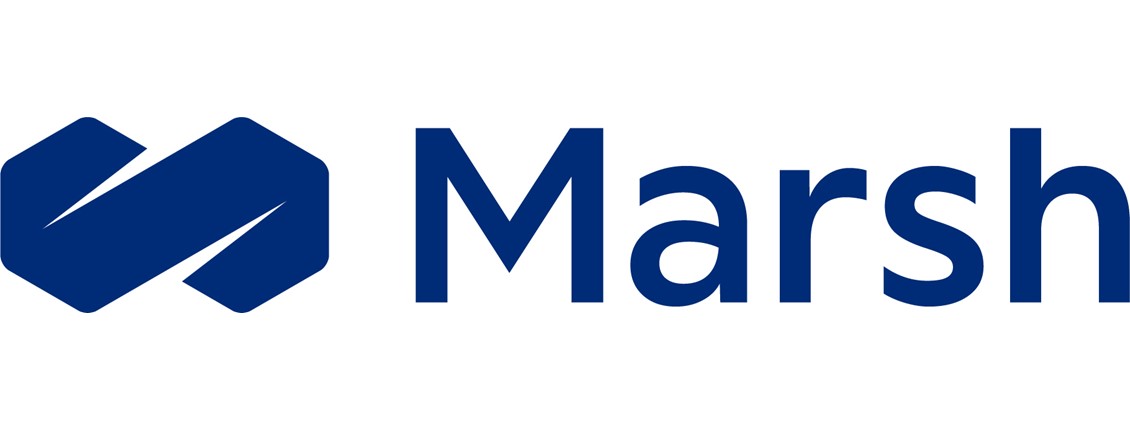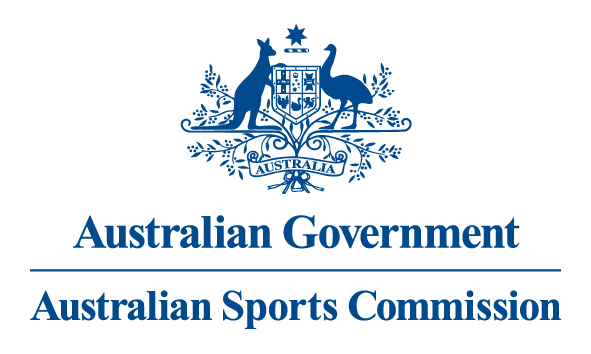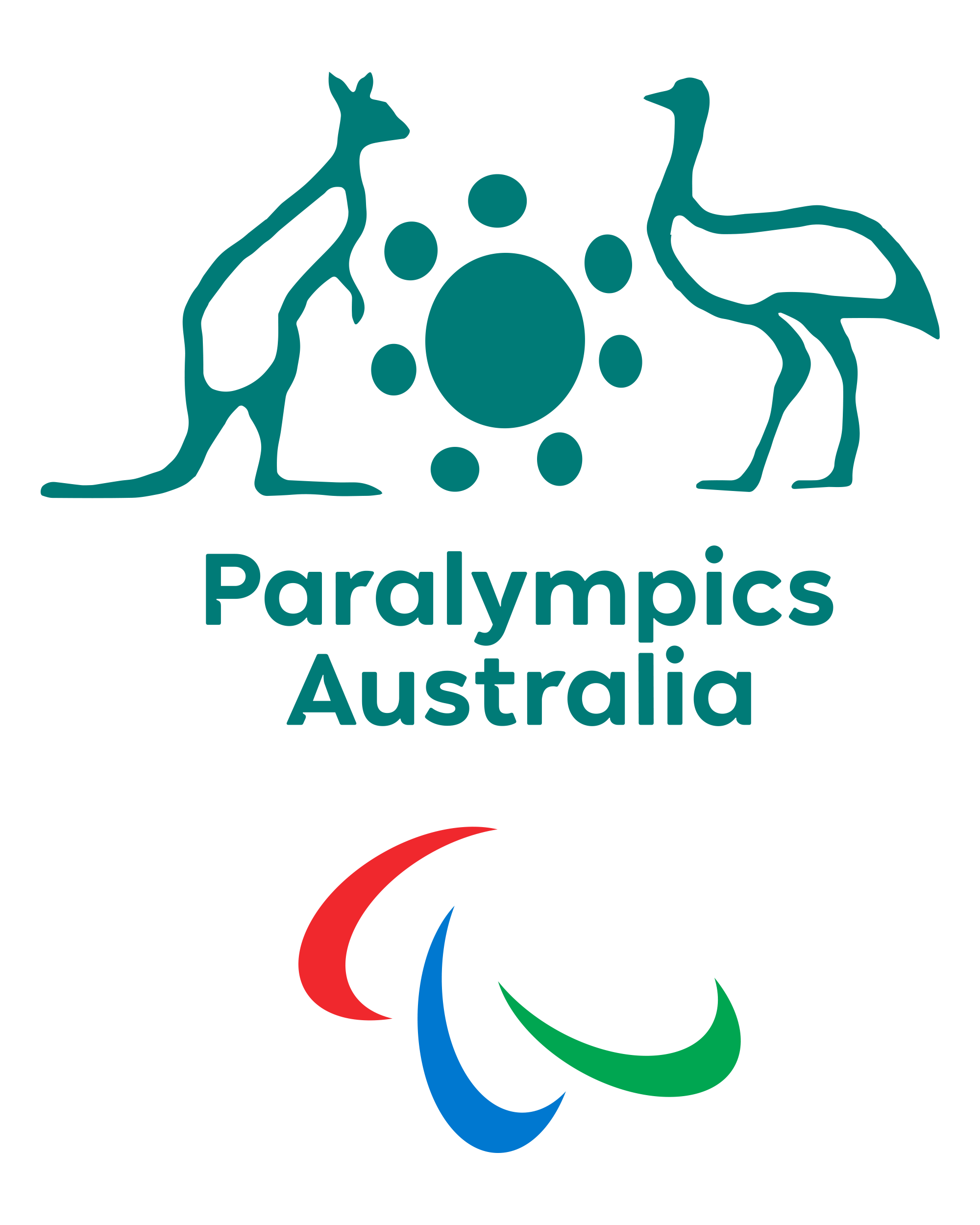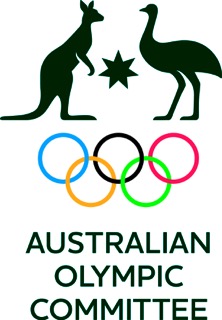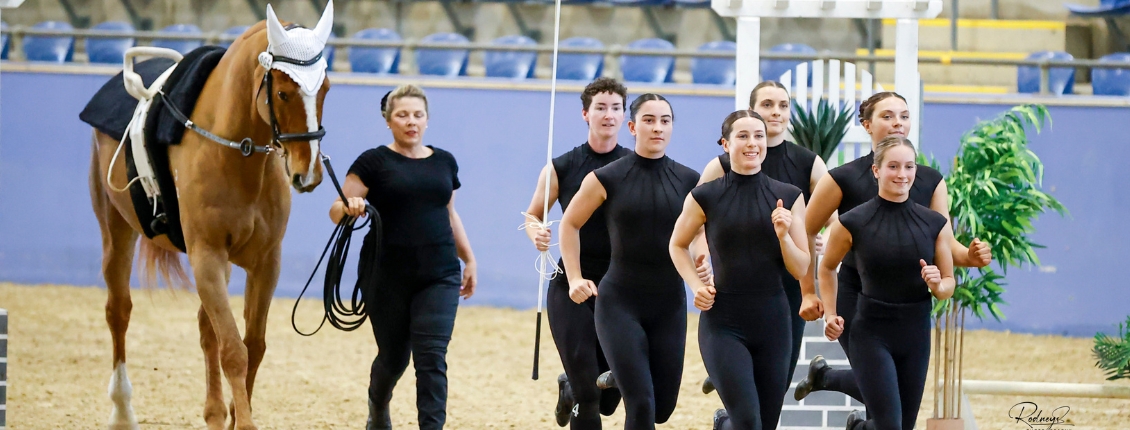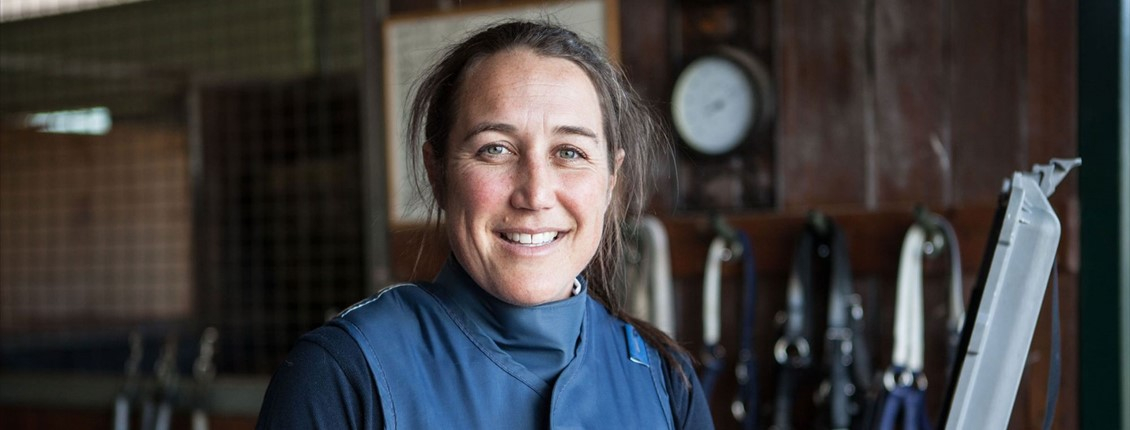
FEI 100 Years: Putting Horses First
Equestrian Australia's Penny Dow on the future of veterinary health and welfare in equestrian...
There were some concerns expressed about horse welfare ahead of the Tokyo 2020 Olympic and Paralympic Games with particular fears over the heat and humidity to which horses had to adapt. However, with 100 years of experience to call upon, the FEI and local organisers ensured that the horses who travelled to Japan from around the world were kept safe and well.
One of the people tasked with ensuring the welfare of horses was Equestrian Australia’s Penny Dow, who has recently been appointed the country’s National Medication Control Officer.
As we celebrate the FEI’s centenary in 2021, we asked Penny to reflect on the giant steps taken over the years in horse welfare. The experienced FEI official and testing veterinarian, who has been an active member of Equestrian Australia for 25 years as both a rider and official, also looks ahead to continued enhancements within care.
Penny, who was part of the Olympic Veterinary Team in Tokyo, was impressed by everything that she saw at the Games. She said:

“The facilities for the horses at the Olympics were amazing – there was nothing the horse wanted for. The stables were air conditioned, the arena surfaces, including a gallop track, were excellent and there was even a small cross country training track and beautiful grassed area with trees that was fully utilised by both riders and grooms and their horses for training, hacking and grazing.“And, of course, there was a well-equipped vet clinic with an expert team of vets to assist when needed.”
She described some of the most important initiatives and protocols developed by organisers. “Everyone was very worried about the heat and humidity in Tokyo. All horses remained in their stables between 11 and 4 (the hottest times of the day).
There was a “ice team” which continually ensured there was chilled water for cooling during and after competition and training Misting fans were also set up which the horses coped with and genuinely appreciated. Infrared cameras were used by the veterinarians.
“As part of the FEI’s climate mitigation protocol which allowed horse’s temperatures to be monitored whilst they training and active cooling was applied if a “hot” horse was identified.”
"You arethe voice for your horse"
A senior diagnostic imaging veterinarian at Scone Equine Hospital in New South Wales, Penny was Veterinary Administrator Team Leader (Olympics) and Veterinary Technician Team Leader (Paralympics) in Tokyo.
With almost 20 years of veterinary experience involving both medication control within the equestrian disciplines and the racing industry, Penny has acquired vast knowledge and hands-on experience in these areas. Her new role with Equestrian Australia includes managing all aspects of medication control at FEI and EA competitions within Australia. 
“There is a large component of training – both stewards and vets in the process of swabbing. I will also be advocating the regulation of a clean sport within Australia by educating our riders as well.”
With more than two decades of experience in horse welfare, we wondered what Penny considers to be the major milestones in veterinary practice in equestrian sport in recent times.
“Our veterinary advancement in diagnostic imaging has been huge for vets and their ability to manage the sport horse. Now vets have ready access to MRI, CT and bone scan which helps in diagnosing and managing injuries in these performance horses which previously would have been unable to be diagnosed.
“Rehabilitation of the injured sport horse has also seriously advanced, with the use of water walkers and treadmills in conjunction with physiotherapist, chiropractors, massage therapists and their ever-increasing range of equipment that they have extrapolated from human sport science.”
Looking ahead, Penny believes it is important that advancements at the top level of the sport must be carried throughout equestrianism.
“I don’t know of a particular pressing concern within welfare but I do know that as a person in my role I think we need to keep connected to the sport at the grassroots. Yes, my role may be more obvious to the higher levels of competition and riders but we need to insure that we are also implementing it at the low levels.”

As we celebrate 100 years of the FEI, we also wondered if Penny had any advice for young athletes and the owners of the future to ensure the best for their horses. “You are the voice for your horse. They are amazing athletes, but you should never abuse them. Protect them, listen to them, pull them up when they feel tired and they will in return look after you and reward you with joy.”
Supplied by the FEI/ Richard Mulligan

